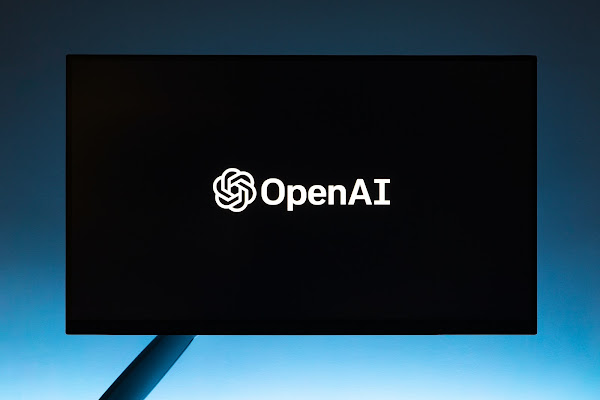ChatGPT, a popular AI language model developed by OpenAI, has gained widespread usage in various industries for its conversational capabilities. However, it is essential for users to be cautious about the information they share with AI models like ChatGPT, particularly when using it for work-related purposes. This article explores the potential risks and considerations for users when sharing sensitive or confidential information with ChatGPT in professional settings.
Potential Risks and Concerns:
- Data Privacy and Security: When sharing information with ChatGPT, there is a risk that sensitive data could be compromised or accessed by unauthorized individuals. While OpenAI takes measures to secure user data, it is important to be mindful of the potential vulnerabilities that exist.
- Confidentiality Breach: ChatGPT is an AI model trained on a vast amount of data, and there is a possibility that it may generate responses that unintentionally disclose sensitive or confidential information. This can pose a significant risk, especially when discussing proprietary information, trade secrets, or confidential client data.
- Compliance and Legal Considerations: Different industries and jurisdictions have specific regulations regarding data privacy and protection. Sharing certain types of information with ChatGPT may potentially violate these regulations, leading to legal and compliance issues.
Best Practices for Using ChatGPT in a Work Environment:
- Avoid Sharing Proprietary Information: Refrain from discussing or sharing trade secrets, confidential business strategies, or proprietary data with ChatGPT. It is important to maintain a clear boundary between sensitive company information and AI models.
- Protect Personal Identifiable Information (PII): Be cautious when sharing personal information, such as social security numbers, addresses, or financial details, as these can be targeted by malicious actors or result in privacy breaches.
- Verify the Purpose and Security of Conversations: If using a third-party platform or integration to access ChatGPT, ensure that the platform has adequate security measures in place. Verify that the conversations and data shared are stored securely and are not accessible to unauthorized parties.
- Be Mindful of Compliance Requirements: Understand and adhere to industry-specific regulations and compliance standards, such as GDPR or HIPAA, when sharing any data through ChatGPT. Stay informed about any updates or guidelines regarding the use of AI models in your particular industry.
While ChatGPT and similar AI language models offer valuable assistance, it is crucial to exercise caution and prudence when using them in professional settings. Users must prioritize data privacy, security, and compliance by refraining from sharing sensitive or confidential information that could potentially compromise their organizations. By adopting best practices and maintaining awareness of the risks involved, users can harness the benefits of AI models like ChatGPT while safeguarding their valuable information.









